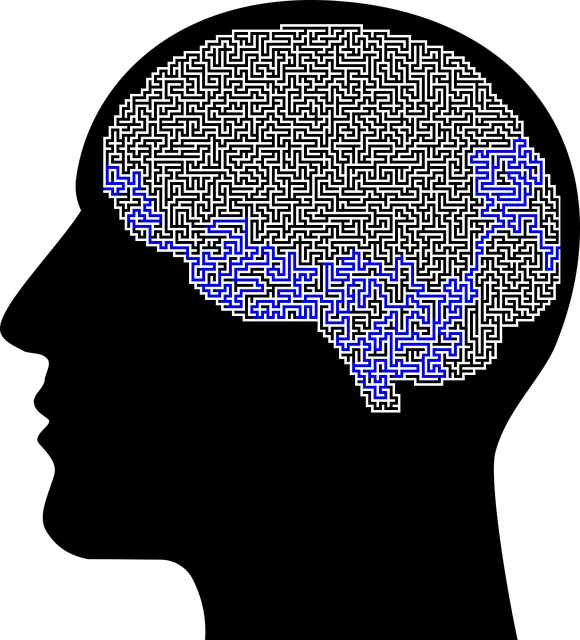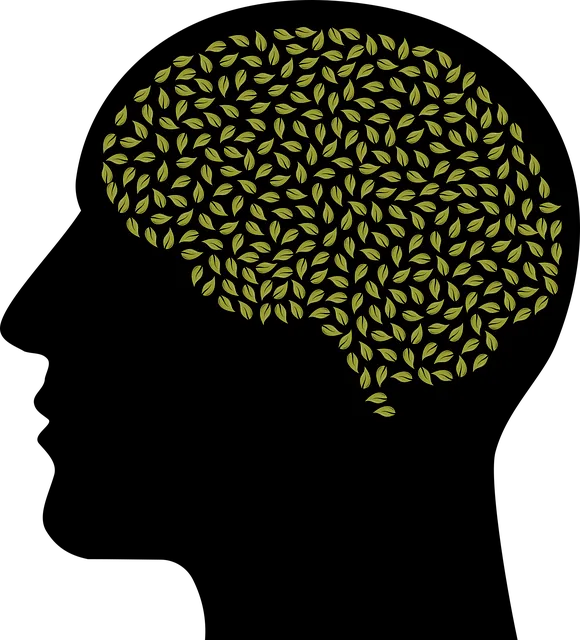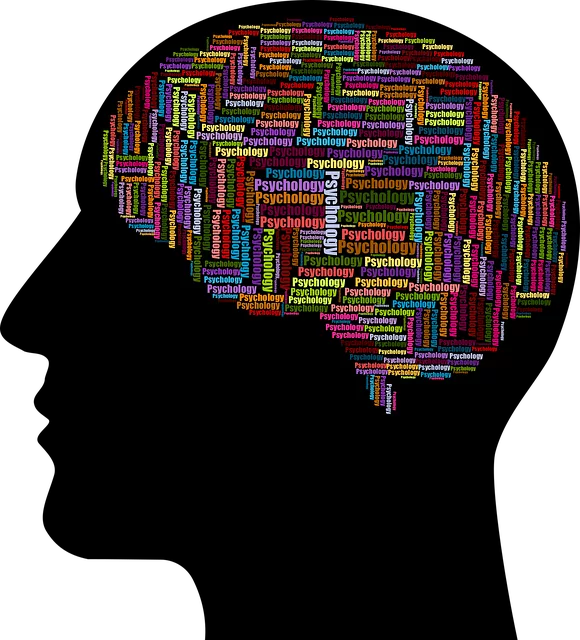Depression is a serious mental health condition that requires professional management, with early recognition key to prevention or effective symptom control. Kaiser offers comprehensive resources including therapy, medication, risk management planning, and tailored services addressing individual needs for proactive depression prevention. Their approach emphasizes lifestyle adjustments (exercise, diet, sleep), stress management techniques (mindfulness, yoga), social connections, mental health education, and evidence-based therapeutic methods like cognitive behavioral therapy (CBT) to empower individuals in understanding and regulating their emotions.
Depression is a serious yet treatable condition that affects millions. If you’re feeling persistent sadness, loss of interest, or changes in appetite and sleep, it might be depression. Knowing when to seek help is crucial. This article provides a comprehensive guide on superior how to get mental health help through Kaiser, focusing on recognizing depression, proactive strategies, and effective treatment options. By understanding the available resources, you can take steps towards managing and overcoming depression.
- Recognizing Depression and When to Seek Help: Understanding the Signs and Resources Available at Kaiser
- Lifestyle Adjustments for Proactive Mental Health Care: Strategies to Foster Well-being and Resilience
- Effective Treatment Options: Exploring Therapy, Medication, and Support Groups for Depression Recovery
Recognizing Depression and When to Seek Help: Understanding the Signs and Resources Available at Kaiser

Depression is a serious mental health condition that can significantly impact daily life and well-being. Recognizing the signs early on is crucial in preventing its onset or managing existing symptoms effectively. At Kaiser, we prioritize mental health awareness and offer comprehensive resources to support individuals navigating depression.
If you or someone close to you experiences persistent feelings of sadness, hopelessness, or a loss of interest in activities once enjoyed, it may be an indication of depression. Other common signs include changes in appetite or sleep patterns, fatigue, difficulty concentrating, and thoughts of self-harm or death. When considering how to get mental health help, Kaiser provides a range of services tailored to individual needs. From therapy sessions with qualified professionals to medication management, we ensure a holistic approach to anxiety relief and overall well-being. Our resources are designed to empower individuals to take charge of their mental health and develop effective risk management planning.
Lifestyle Adjustments for Proactive Mental Health Care: Strategies to Foster Well-being and Resilience

Depression prevention starts with proactive mental health care, and lifestyle adjustments play a crucial role in fostering well-being and resilience. Incorporating regular physical activity, maintaining a balanced diet, and prioritizing quality sleep are essential strategies. According to Kaiser, these habits can significantly impact mood regulation and overall mental health. Additionally, stress management techniques such as mindfulness meditation, deep breathing exercises, or yoga can help individuals navigate life’s challenges more effectively.
Beyond personal practices, engaging in social connections and building a supportive network is vital. Connecting with friends, family, or support groups can provide a sense of belonging and encourage open communication about mental health struggles. Kaiser also emphasizes the importance of mental health education programs designed to raise public awareness and offer valuable insights into recognizing and addressing depression proactively.
Effective Treatment Options: Exploring Therapy, Medication, and Support Groups for Depression Recovery

Depression is a serious mental health condition that requires professional help for effective recovery. At Kaiser, we offer superior how to get mental health help through various therapeutic approaches. Exploring therapy, medication, and support groups are crucial components of depression prevention strategies.
Therapy plays a pivotal role in emotional regulation by helping individuals understand and manage their feelings. Our expert therapists utilize evidence-based techniques such as cognitive behavioral therapy (CBT) to boost confidence and combat negative thought patterns. Additionally, stress management is integrated into treatment plans to help patients cope with daily stressors that may trigger depressive episodes. Support groups further enrich the recovery process by providing a safe space for sharing experiences, offering peer support, and fostering a sense of community among individuals on similar journeys.
Depression is a serious yet treatable condition. By recognizing early signs, making lifestyle adjustments, and exploring effective treatment options like therapy, medication, or support groups, individuals can take proactive steps towards superior mental health care with the help of resources available at Kaiser. Remember, seeking assistance when needed is a sign of strength, and there are numerous avenues to find the best path to recovery.






